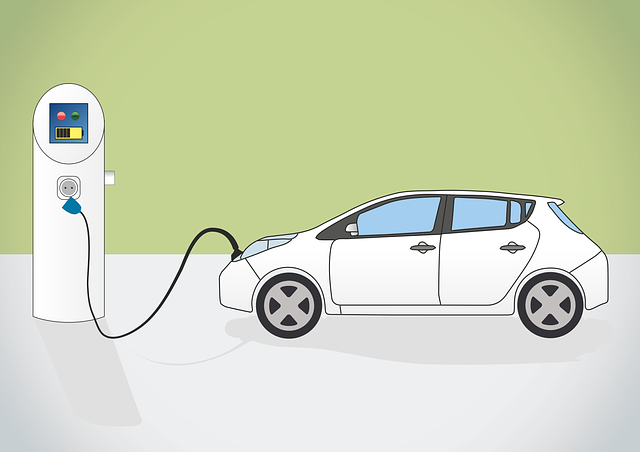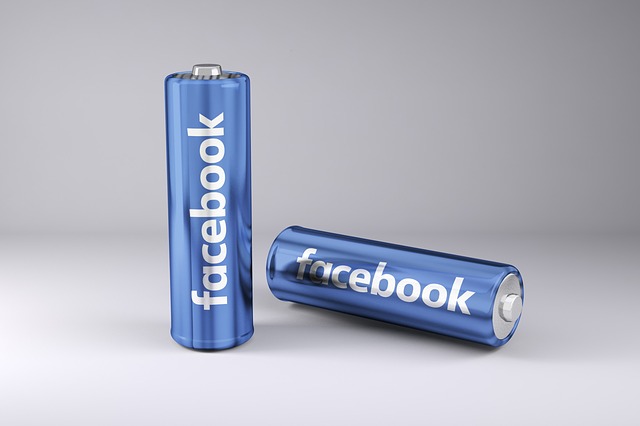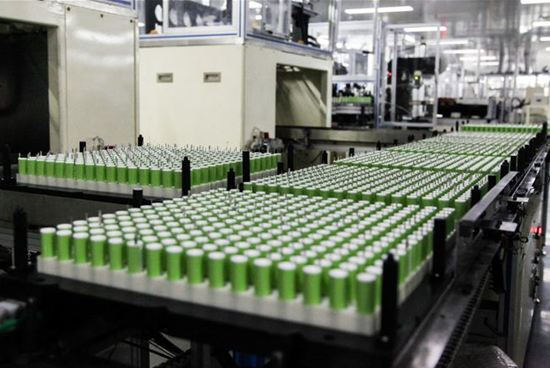Why are lithium ion batteries better?
Jun 10, 2019 Pageview:1267
Lithium-ion batteries are among the most preferred types of cells, used to power majority of the electronic devices. Let us find more about these batteries and dig deeper into the reasons behind their popularity.

Development history of lithium-ion battery
We have witnessed significant strides in technology in the past few years. These technological advancements also required a refined powering tool. They needed a compact battery that would be safe and would offer a higher capacity. This is where lithium-ion cells step in.
The lithium battery was invented in 1980 by an American physicist, Professor John Goodenough. The cell he developed worked by the migration of lithium in the form of Li+ ion from one electrode to the other.
Lithium, which is among the lightest elements, has quite significant electrochemical potential. Thus, it is capable of producing high voltages in compact and light volume. This forms the basis of the invention of lithium-ion batteries.
A combination of lithium with a transition metal like nickel and cobalt is used in this battery. When the battery is recharged, the positive lithium ion present on the cathode move in the direction of a graphite anode, thereby becoming lithium metal. Since lithium is provided with a strong driving force for oxidation, it makes its way back to the cathode, becoming a positively charged lithium ion again as the cobalt ion gets its electron. It is this movement of electrons within the circuit that produces a current that powers our devices.
The lithium-ion battery can be quite reactive depending on the transition metal, which is used. Many lithium cobalt oxide batteries produced by Sony caught fire in the 1990s. It was Professor Goodenough again who made another breakthrough in the field in the 1990s as he introduced a lithium-ion cathode which was stable and was made from lithium iron and phosphate.

Outstanding point of lithium-ion battery
Lithium-ion batteries have quite a lot working in their favor, which is why they have become so popular in such a short time.
For one thing, these cells have high capacities owing to high energy densities. Thus, you do not have to think about replacing the batteries of your electronic devices ever so often. Since lithium-ion cells are commonly used to power laptops and similar other gadgets, this is undoubtedly a huge factor that gives these cells an edge over other options.
Furthermore, these cells do not require prolonged priming when they are new. A regular charge would suffice. This makes it convenient. They have low self-discharge as well. You would not have to do much with regards to their maintenance. These batteries do not require periodic discharge.
An era of lithium-ion battery
Lithium-ion batteries have certainly taken over the technological world by storm as they have become the most preferred source of powering devices. There is no denying that lithium has a lot of benefits, which makes it a better option compared to other variants of lead batteries. However, it is vital that the technology is used safely. Lithium can be quite sensitive and thus manufacturing lithium-ion batteries requires utmost care and attention.
It is essential to know the battery so that individual algorithms can be created and the cells can be designed, catering to different situations. For instance, it is necessary that all the cells in a battery pack have the same voltage. If this does not happen, the pack will not work correctly.
Controlling the temperature of the individual cells is crucial, as well. The temperature scale needs to be maintained for security and to make sure that the lifetime of the cells is not affected.
Large power is one of those places that understand the intricacies and complexities surrounding lithium-ion cells. You can be assured that the batteries produced by this company are profound in quality and safe for use. They have experience of 17 years in the field, and thus you can be sure that they would not let you down.
Are lithium batteries better than lead acid?
Lead acid batteries are cheaper compared to lithium-ion batteries. However, they need regular maintenance and also have a shorter lifespan. If you are trying to decide which of the two types of cells you should use, there are some critical differences between them that you would know about.
Cycle life
A charge cycle refers to the charging of battery after you discharge it by powering your appliance. The lifespan of the cells is measured according to the number of charging cycles it can have before expiring. Lithium batteries have significantly more cycle life compared to lead acid batteries.
Depth of Discharge
The depth of discharge focuses on the capacity of the battery before it needs to be recharged. Full discharge of the cells does not occur when you use them. All the batteries have a recommend discharge depth that is the capacity which they can be used to before having to be refilled.
Lead-acid batteries should be allowed to run for about 50% of depth discharge. If used beyond this point, their lifespan is affected negatively. On the other hand, lithium-ion batteries can handle 80% or more depth of discharge. Thus, they have a more usable capacity.
Efficiency
Lithium-ion batteries offer more efficiency. While the lead-acid cells are usually 80 to 85% efficient, lithium batteries provide about 95% of efficiency. Thus, these batteries charge faster.

Charge Rate
Lithium batteries also have a fast rate of charge compared to lead-acid cells. They are capable of handling higher amperage and thus can be refilled faster.
Lead-acid batteries have some limitation when it comes to the charge current they are capable of handling. They tend to overheat if charged too quickly. The charge rate becomes slower as the battery approaches its full capacity.
Thus, it is safe to assume that in terms of performance and lifespan, lithium-ion batteries are indeed a better option compared to lead-acid cells. The lithium cells are a tad bit heavier compared to lead-acid batteries, which might be a problem for some. But if you take the efficiency and capacity into account, the lithium cells prove to be a better option.
- Prev Article: Lithium Ion Battery Advantages and Disadvantages Analysis
- Next Article: Lithium Battery Protection Circuit Schematic
Leave Message
Hottest Categories
-
Hottest Industry News
-
Latest Industry News









